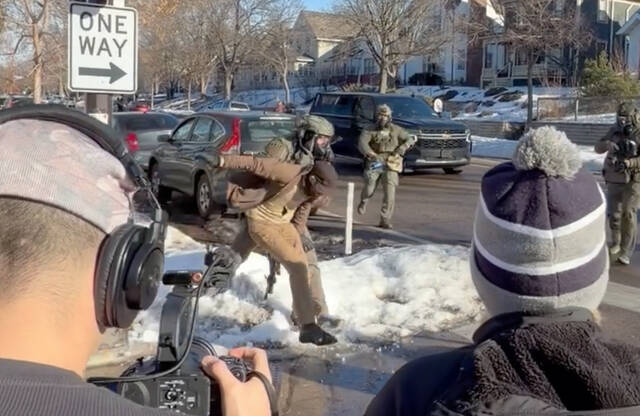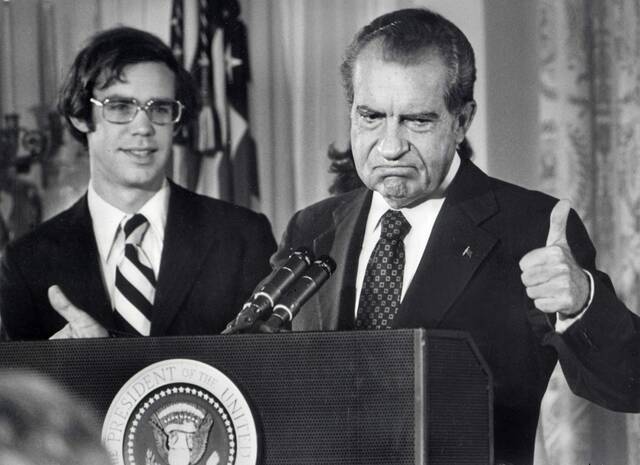When San Francisco’s reform- minded District Attorney Chesa Boudin was recalled by the voters in an election last week, he lost more than his job. He lost the chance to carry forward his reform agenda. It turns out, the people will give you room to be a reformer, but you better pay attention to the everyday duties of your office.
In the case of a district attorney, the safety of the public is the No.1 responsibility. Boudin forgot that his first duty was to protect his citizens from crimes. Shoplifting, open-air drug dealing, car break-ins and all manner of what Boudin called low-level and quality-of-life crimes flourished as Boudin pursued criminal justice reform.
Stepping over the bodies of sleeping or passed-out people throughout the downtown has become second nature to San Franciscans. Residents leave their cars unlocked and post signs asking thieves not to break their windows. Pedestrians pick their way around used syringes and use an app to alert them to public spaces that have become outdoor bathrooms.
While all this has been going on, Boudin stayed true to his campaign promises and delivered on some of his progressive agenda. He ended cash bail, refused to file drug charges related to minor traffic stops and stopped seeking increased sentences for repeat offenders and gang-related crimes.
As Nellie Bowles wrote in “How San Francisco Became a Failed City” for The Atlantic last week, it was Boudin’s goal to address recidivism “by addressing the social causes of crime — poverty, addiction, mental-health issues.” Those are noble and necessary efforts, but Boudin blew his chance to address them and may have set back criminal justice reform by forgetting about the day-to-day fight against crime.
“It became so dogmatically progressive that maintaining the purity of the politics required accepting — or at least ignoring — devastating results,” Bowles added.
San Francisco Mayor London Breed was the first big-city mayor to defund the police after the murder of George Floyd, but, by this past December, she had enough. She did a 180-degree turnabout and requested more funding to help the police fight many of those same crimes that Boudin had put on the back burner.
When asked about her policy change, the mayor conceded that “the fact is things have gotten worse over time.”
“I’m proud this city believes in giving people second chances. Nevertheless, we also need there to be accountability when someone does break the law,” she said at a press conference, adding, “Our compassion cannot be mistaken for weakness or indifference.”
Progressive prosecutors and other public officials have been elected across the country, and they bring a much-needed enlightened view of fairness and equity to the criminal justice system and government generally. But the lesson from San Francisco is that when prosecutors minimize crimes that have a lasting effect on victims and their communities, citizens don’t want to hear about much else.
The pendulum always swings in politics, but when it comes to criminal justice, there are two pendulums swinging in opposite directions now. One is swinging toward criminal justice reform, ending the institutional unfairness and bias in the system. The other is swinging toward law enforcement and crime fighting. We can do both.








